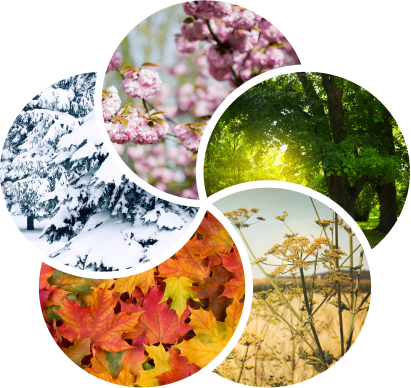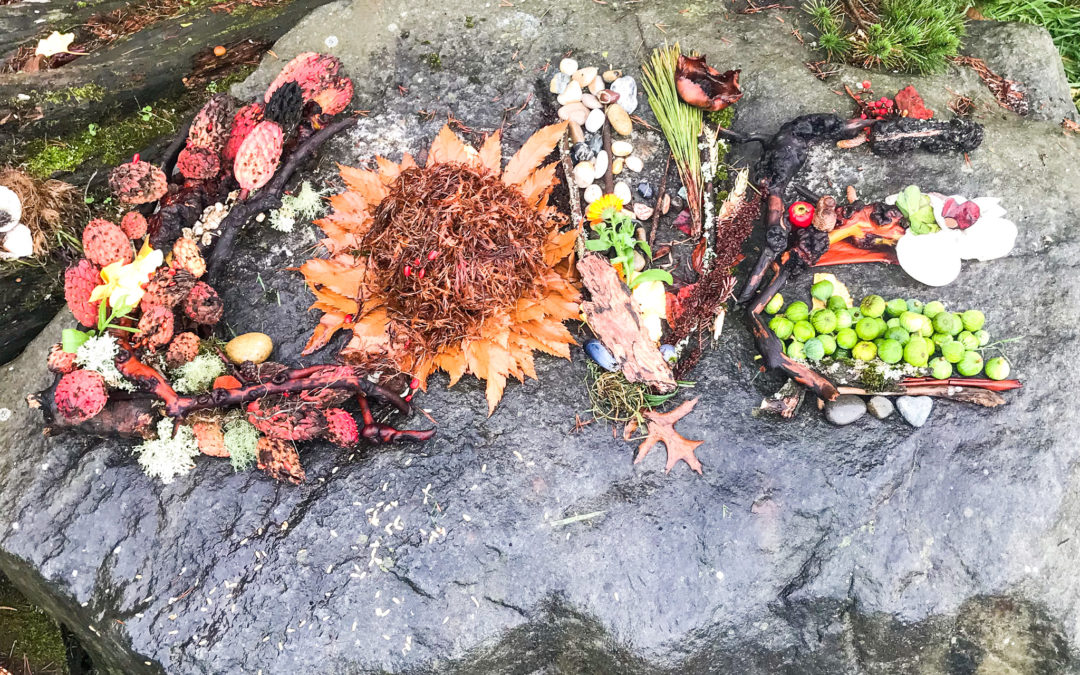
Last year a patient asked me what I thought the most difficult part of 2020 had been. I immediately knew what I’d say but I was hesitant to share.
I don’t think the hardest part of 2020, and now 2021, has been the pandemic. Nor was it the extremely necessary social upheaval we’ve experienced with the Black Lives Matter movement. It also wasn’t the feeling of unrest that blanketed the nation last September and October around the election or the vaccine mandates being rolled out.
These events have precipitated, highlighted, and magnified my deepest concern.
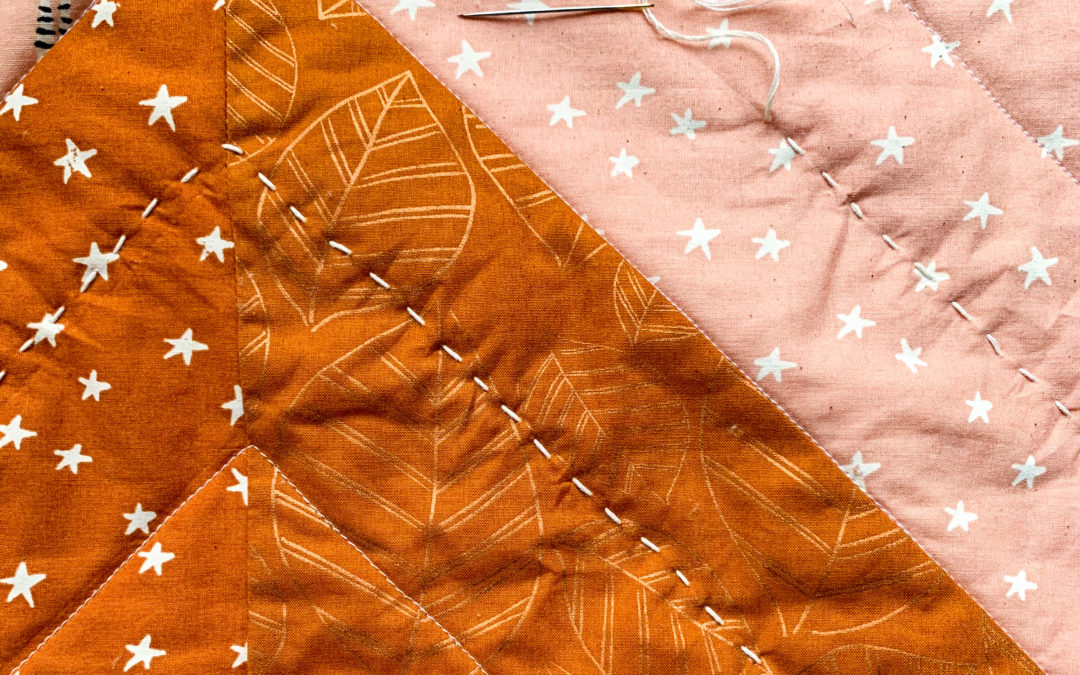
With all of the deep unrest we’re experiencing around the role of police in our society, and the need for justice, safety, and equity for Black people PLUS a light dollop of COVID concern, I find my nervous system overstimulated and fatigued simultaneously.
Many with chronic health conditions are used to the peaks and valleys of the healing process and the deep personal work it takes to find and address the root cause.
We are now being asked to do this kind of work on a societal and global level.
It’s incredibly necessary that we stay engaged and do the work to bring about change, but it’s also exhausting.
Here are a few tips to help you cope as we move through this year that the history books will remember.

A few weeks ago I wrote a little blurb for an article about how to best handle these quarantine times, or as I like to say now, quarantimes.
While other practitioners talk about diet and exercise, I chose to focus on mental health because that’s by far the most prominent issue I’ve been witnessing in my practice.
People are scared and anxious, but the most common emotion I've observed is guilt.
Many of my patients feel terrible for being annoyed by the restrictions placed on their lives while others are facing a potentially life threatening illness, the death or sickness of loved ones, job loss, business collapse, and much more.
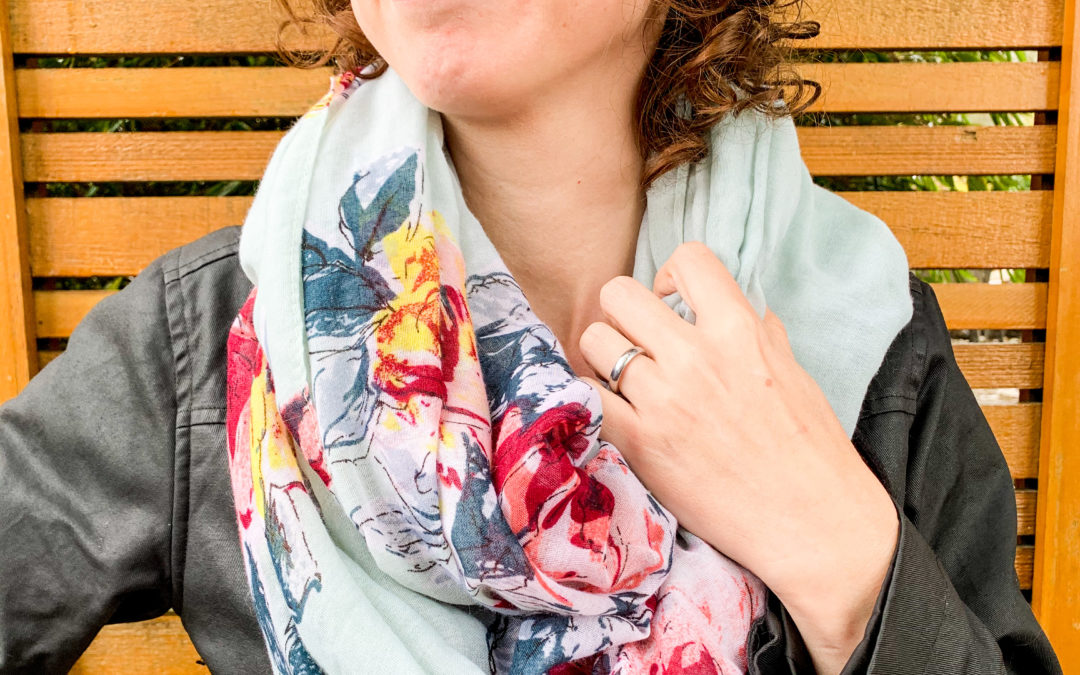
With the COVID pandemic, there’s a lot of concern about our lungs and their ability to fight off the viruses and remain healthy.
From a Western perspective, supporting our lungs seems limited to breathing exercises and hoping for the best.
But if we look to Chinese medicine there’s plenty of action we can take!
Let’s take a tour through Chinese medical physiology and discover ways to nourish our lungs so they’re balanced and healthy.
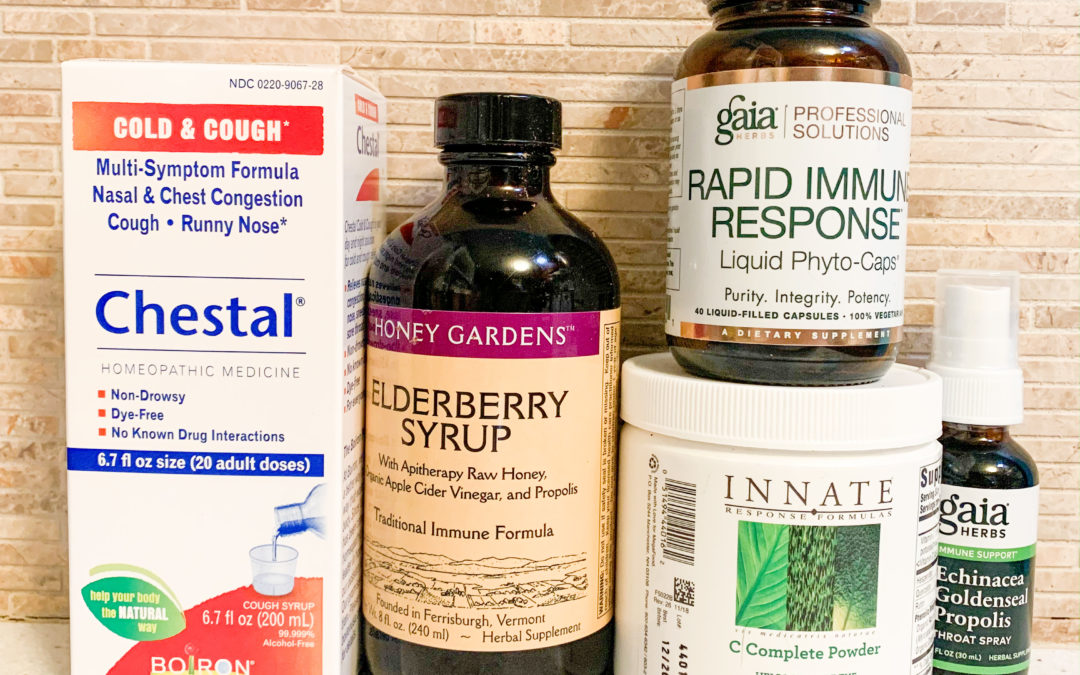
With headlines popping up daily announcing new statistics from COVID-19, I’ve been getting a lot of questions about what’s going on and what we can do.
Information is both abundant and lacking and it’s confusing to sort through.
In the meantime, I’d like to discuss one massively important variable that naturopathic doctors are very familiar with but that isn’t discussed at all in the mainstream.
And it’s a crucial component to determining your risk for catching the virus and how it progresses through your system.








